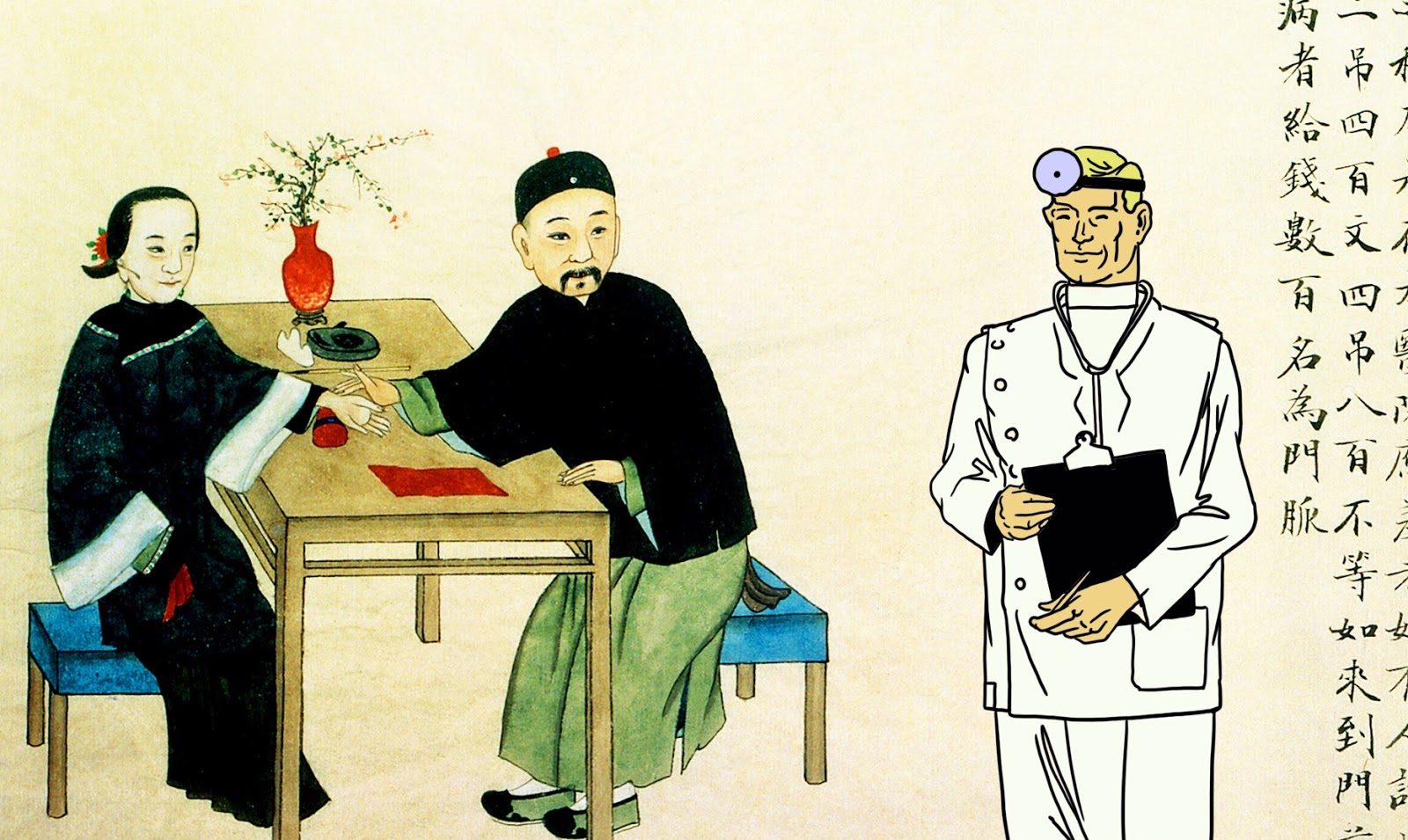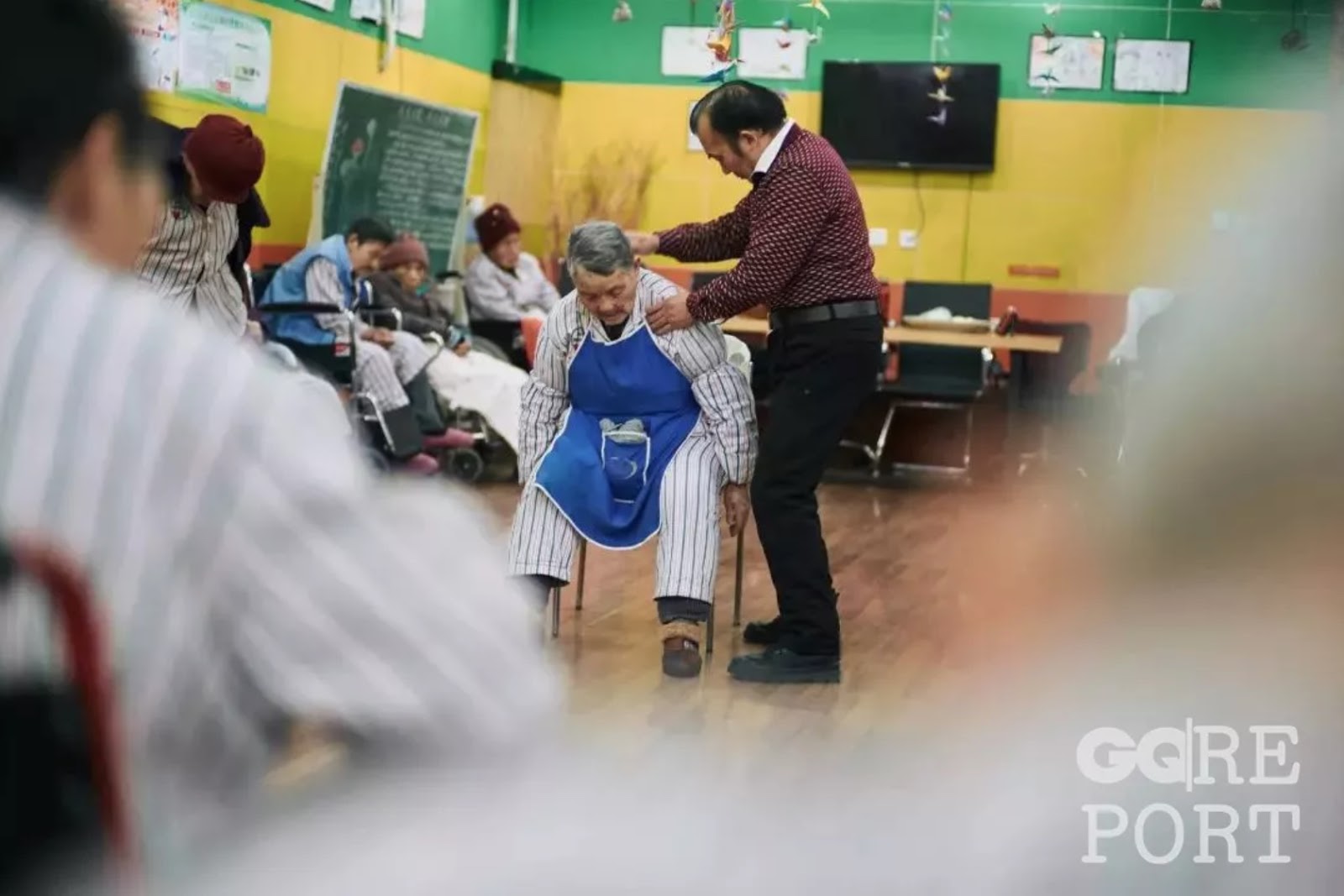Chinese Corner: Traditional Chinese medicine: Will facts ever sway believers?
In this installment of Jiayun Feng’s weekly review of interesting nonfiction on the Chinese internet, she looks at the contentious debate over traditional Chinese medicine, Ofo’s dramatic fall, end-of-life care in China, and the most relatable news program on Chinese television.

Chinese Corner is Jiayun Feng’s weekly review of interesting nonfiction on the Chinese internet.
Will facts ever sway TCM believers?
致中医药信徒:这是一份世界观地毯式降维打击
To TCM believers: This is a sweeping dimension-reduction attack on your worldview
By Zhēnxiāngdàiyánrén 真香代言人
June 12, 2019
In today’s China, there are few issues as inflammatory as traditional Chinese medicine (TCM), a centuries-old set of medical practices — most of which have never been subject to the scientific method. Despite the lack of evidence-based research, TCM has been experiencing a huge resurgence in the past few years. The revival is predominantly backed by the Chinese government, which has included the subject as part of elementary school curricula in some regions, imposed TCM quotas on hospital prescriptions in Shandong, and played a key role in Shenzhen’s establishment of China’s first “pure” TCM medical facility.
The increasingly aggressive promotion, however, has not been without controversy on the Chinese internet. On one side of the issue is a legion of TCM believers, who adamantly defend their beliefs by sharing personal accounts of how the methods magically worked on them when Western medicine failed. (In China, evidence-based medicine is still called “Western medicine” — 西药 xīyào while TCM is just “Chinese medicine” — 中药 zhōngyào.) On the other side are medical professionals and TCM skeptics, who use facts to challenge pro-TCM narratives, resisting the long-held Chinese belief that TCM is a form of ancient wisdom that is immune to close scrutiny from a scientific standpoint.
Last week, WeChat blogger Zhēnxiāng Dàiyánrén 真香代言人, an outspoken opponent of TCM, found himself at the center of the debate after publishing a long article in which he laid out 11 arguments to shout down TCM advocates on every possible level. Here are two excerpts:
I find it very amusing every time I encounter seniors and even some young people who rely on TCM theories and methods to realize their dreams of health and longevity. There are thousands of ways to achieve that goal, but they have chosen the one that leads to the exact opposite result.
A look back through human history reveals that TCM has never provided effective treatment for any pandemic. Isn’t that a solid slap on the face? This fact only reveals the tip of the iceberg of TCM’s real lack of capacity. Now think about the famous argument that Western medicine only offers temporary cures to diseases while TCM eradicates the roots of the problems. Why has TCM never encompassed branches like dentistry, gynecology, and emergency treatment? Why does every TCM method emphasize slow and individual-based effects?
The critical piece has skyrocketed into the viral stratosphere, receiving over 300,000 views so far and putting the blogger and his many anti-TCM articles at the forefront of a new anti-TCM movement.
Additional reading:
- 从《老中医》出发,寻找真正的大师 Starting from old TCM doctors, look for real masters
- 究竟有没有人是真正的“懂中医”?Is there someone who actually understands TCM?
- 浅析充满童趣的“中医角度” A preliminary analysis of the childlike “TCM perspective”


The never-ending saga of Ofo
ofo的终场战事
Ofo’s final battle
By Wèi Shījié 卫诗婕
June 17, 2019
Once upon a time, Ofo was a heavenly app-based service that allowed customers to locate, unlock, and use bikes spread around a certain city for the low price of 1 yuan per hour. It was hailed by Xinhua as one of the greatest inventions of our time. It was praised as the future of transportation. It was hyped as the most universal and promising idea in China’s feverish venture capital landscape.
And then it fell apart. Since last December, the fast-growing bike-sharing company spent months insisting that it was not headed toward bankruptcy despite evidence to the contrary. At this moment, more than 16 million customers are struggling to get their deposits back. But Ofo’s beleaguered executives are stubbornly refusing to quit, even though its legal representative, Chén Zhèngjiāng 陈正江, and its founder, Dài Wēi 戴威, are currently on a government social credit blacklist for unpaid bills.
In retrospect, it’s obvious that Ofo would fail because of a combination of bad decisions and missteps, such as its overly ambitious plan of global expansion, and its failure to reconcile conflicts of interest among different investors. In this feature story full of salacious details, journalist Wèi Shījié 卫诗婕 gets to the bottom of Ofo’s spectacular rise and collapse in a span of five years.


End-of-life care: How to have a good death in China
走向生命尽头:临终关怀医院里的30000名老人
Approaching the end of life: The 30,000 seniors in a hospital that provides palliative care
By Yú Méng 于蒙 and Dài Mǐnjié 戴敏洁
May 27, 2019
Founded in 1987, Beiijng’s Songtang Care Hospital is the first medical facility that specializes in end-of-life care in China, where death and dying remain a taboo subject. But even if no one wants to talk about it, the demand for high-quality palliative care for terminally ill patients is predicted to increase rapidly in the next decade: China’s aging problem has become a serious threat to its medical resources and economic growth.
In an attempt to improve the situation, the National Health Commission (NHC) announced last week that it had launched a pilot program for end-of-life services in over 70 cities and municipal districts. On paper, the initiative appears promising. But in reality, the program may have to face the hard reality of challenges and problems that Songtang has been grappling with for years, including a major lack of funding and the difficulty of finding a location.


The man behind the most relatable news program on Chinese television
一位在《1818黄金眼》做了15年记者的北大毕业生
The Peking University graduate who worked as a journalist at 1818 Huangjinyan for 15 years
By Lǐ Yǐngdí 李颖迪
May 23, 2019
Remember Wú Zhèngqiáng 吴正强? The 18-year-old real estate agent in Hangzhou, whose iconic over-the-top eyebrows rocketed him to viral stardom last year. After his appearance in a local news program named 1818 Huángjīnyǎn 1818 黄金眼, Wu quickly parlayed his sudden fame into social media popularity, which turned out to be not as long-lasting as he hoped.
While Wu’s internet popularity was short-lived, the TV show that made him famous kept garnering legions of followers and piles of positive reviews. Unlike other high-budget news programs on Chinese television, 1818 Huangjinyan only features regular people embroiled in minor scams and disputes. As trivial as they are, these stories present audiences with a familiar part of their lives, evoking a strong feeling of relatability and engagement. In this profile of Lú Bǎoxiáng 卢宝祥, who is the oldest reporter working for the program, author Lǐ Yǐngdí 李颖迪 delves into Lu’s career and shows how much craftsmanship goes into the program’s production.
Things that I read and loved this week:
- 我是怎么把今日头条的“算法”驯服的 How I tamed Jinri Toutiao’s “algorithms”
- 从辣条到火锅:在中国,辣味何以流行三十年? From Latiao to hotpot: Why spicy food has been popular in China for 30 years
- 为什么今年的偶像选秀没有去年火? Why this year’s reality survival programs are not as popular as last year
- 乡村孩子的爱与哀愁:疑似校园霸凌已成最大困扰 Love and sorrow of rural children: School bullying has become the biggest concern
- 中国人的英文名进化史 The evolution of Chinese people’s English names
- 戒酒协会里的都市女人:每天数着清醒的日子 Urban women in AA: Calculating sobriety every day






